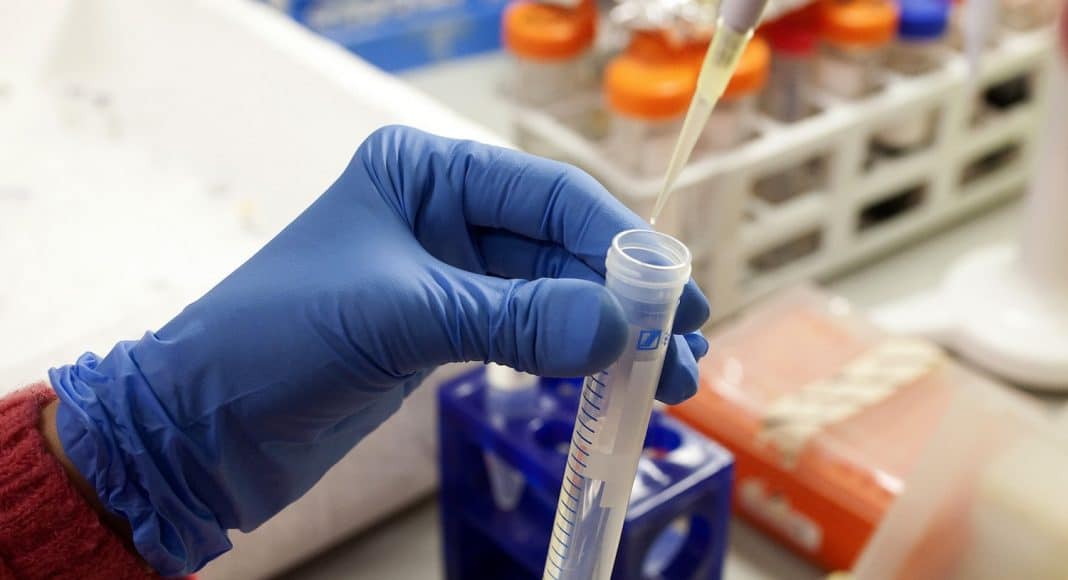The increasing legalization and mainstream acceptance of cannabis use is undoubtedly a good thing. Decriminalizing and destigmatizing weed will only make American society better: There will be fewer people imprisoned for non-violent offenses, hundreds of millions of dollars in new taxes, increased safety via regulation, etc. But that doesn’t mean marijuana is completely harmless, or that it’s even completely scientifically understood. Below find some of the most pressing questions scientists told Business Insider they have about the drug.
-
Related Story: How You Can Help Make Marijuana Legal Nationwide
“There are so many basic questions that need to be addressed,” said Ryan Vandrey, an associate professor of psychiatry who researches marijuana at Johns Hopkins Medicine. “The practical use and legalization of these things is happening faster than the science can keep up.”
For example, there are more than 400 chemical compounds in marijuana. Of those, researchers have extensively studied THC, which is the cannabinoid that gets people stoned, and cannabidiol, or CBD, which could be important for future use of the drug to treat anxiety and other medical conditions. The other 398 or so compounds, however, remain mostly a mystery.
“We know a lot about THC and we’re starting to learn about CBD,” Vandrey said. “Out of about 400 [compounds] we know a decent amount about two.”
Staci Gruber, an associate professor of psychiatry at Harvard Medical School and director of the Marijuana Investigations for Neuroscientific Discovery program at McLean Hospital, said the rapid rise of the drug’s potency also raises some questions.
“We should probably be doing a better job of understanding what the effects are,” she said, adding that while the higher levels of THC could be harmful, she’s had some patients say they smoke less of more potent strains.
The lack of consistency across the industry is troubling for researchers, who note that improper labeling and varying potency of strains could negatively affect consumers. “[One] thing that’s absolutely critical is the development of standards around product manufacturing and labelling,” Vandrey said.
Gruber also detailed a major study into daily medical marijuana users. From Business Insider:
She stresses that it’s really early to draw conclusions from this ongoing work. But one of the first studies to come out of this particular project had an encouraging finding. Their preliminary results showed that three months into their medical marijuana treatment, a group of users (24 people, still relatively small) showed significant improvement in tests of cognitive function. Tests of heavy recreational smokers in the past have shown worse cognitive function. This was the opposite.
The imaging data they have seen so far also showed some interesting changes in brain activity. For patients like this, many of whom struggle with pain, previous brain scans showed abnormal blood flow when doing cognitive tasks. After a few months of medical marijuana, that mental activity started to look like the activity in a healthy control population.


